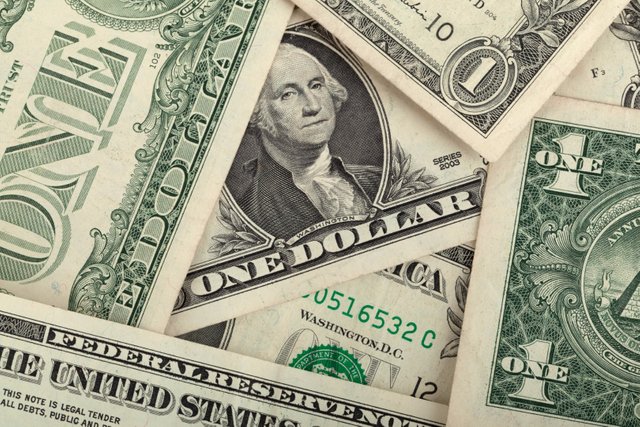What is money and why Bitcoin is not defined as money?
Bitcoin Money Trial in Florida
Two days ago A Miami-Dade judge ruled Monday that Bitcoin is not actually money
In this closely watched case in crytocurrency circles, the judge threw out felony charges against website designer Michell Espinoza who had been charged with laundering $1,500 worth of Bitcoin. He sold them to undercover detectives who told him they wanted to use the money to buy stolen credit card numbers.
The judge said that Bitcoin was not back by any bank or government and was not "tangible wealth"

This is what currency is according to the Judge
What is Currency?
From the FBI website on an article about Virtual Currency:
Under U.S. money services business regulations, any business that transfers virtual currency from one person or location to another is obligated to register with the Financial Crimes Enforcement Network (FinCEN) and comply with Bank Secrecy Act (BSA) requirements, including implementing anti-money-laundering programs and filing suspicious activity reports (SARs).[3] Additionally, many states require money transmitters to obtain state licenses. The U.S. Department of Justice has identified these regulations as “crucial tools in preventing malicious actors from exploiting virtual currency systems in furtherance of illicit activity.”
Bitcoin can be used to move more than the $10,000 required to file with the IRS if you live in the US. Is this filed everytime this occurs? Of course not.
High Profile Digital Currency Legal Cases

In the 2000s several digital currencies such as Liberty Reserve, e-gold, and WebMoney were suspected of being used in illegal activities. Douglas Jackson, the founder of e-gold, was sentenced to six months of house arrest in 2008.
"The operations of E-Gold Ltd. and the other defendants undermined the laws designed to maintain the integrity of our financial system and created opportunities for criminal activity," Jeffrey A. Taylor, U.S. Attorney for the District of Columbia, said in a statement announcing the agreement. "Because of the successful prosecution of these defendants, digital currency providers everywhere are now on notice that they must comply with federal banking laws or they will be subject to prosecution."
The creator of Liberty Reserve, Arthur Budovsky, pleaded guilty to laundering hundreds of millions of dollars through the digital currency exchange this year. He is the fifth defendant to plead guilty as part of the Liberty Reserve case.
WebMoney was established in 1998 and a decade later had a customer base of five million most of which migrated from e-gold. WebMoney lost most of its underworld customers all at once this time due to a change in modification of practices in 2010.
Takeaway
The takeaway message from these news items is that it is unclear what currency actually is but try to avoid using digital currencies for illegal activities and money laundering. Virtual currencies are here to stay since once one is gone another is created.